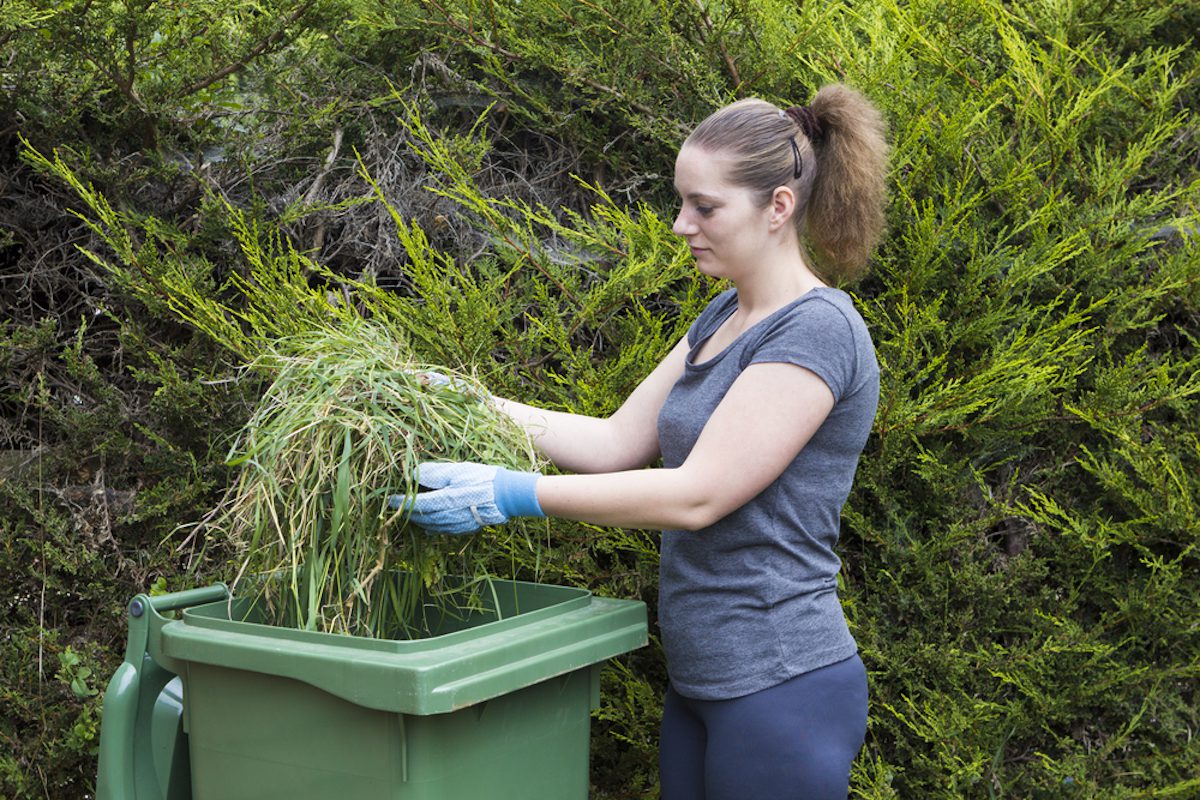
More than a third (36%) of environmental services managers in councils, local authorities, government or infrastructure agencies rank ‘mounting environmental responsibilities’ among the three main challenges they face in providing services to the public today. The next two biggest challenges were ‘increased fly-tipping’, referenced by 36% of managers and ‘difficulties of meeting the cost of running environmental services’ (35%).
These are among the key findings of a new survey commissioned by technology company, Yotta. The study also revealed that more than four in ten (42%) of environmental services managers admit that if the level of government funding drops over the next five years, the frequency of their service offerings will reduce. 39% stated they would have to start charging for bulky items or garden waste collections if funding levels fell.
In line with this, commercialising more waste collection services, such as bulky and garden waste is seen as one of their organisation’s two biggest environmental services provision priorities by 39% of survey respondents. Only ‘improving access to relevant data to drive enhanced decision-making’ is a slightly higher priority, with 40% of the sample citing it.
Tim Woolven, product consultant at Yotta, said: “with funding still tight for environmental services provision, it is no surprise to see councils and local authorities looking to achieve a positive income contribution from offering services such as bulky or garden waste collection. Public demand for these services remains high despite the charges – and so this represents a potentially significant source of income for councils.”
“To make good on this opportunity though, many will need to get their systems and processes fully up to scratch to ensure they are delivering a streamlined and efficient service to the public.”
The research additionally revealed that currently 95% of environmental services managers believe their organisation is not making extensive use of third party data sets to help support environmental-based decisions.
“It is concerning that so few authorities are making extensive use of data from outside their organisation,” added Woolven, “Information about weather patterns, seasonal green growth and footfall, for example, can be key to informed environmental services planning. It is important that organisations put the necessary infrastructure in place to build the connections they need to access this kind of data.”
Overall, the survey found that 50% of environmental services managers polled said their organisation was currently using a mix of in-house and outsourced service provision. Currently 25% of organisations rely on either in-house or outsourced provisions exclusively.
Woolven concluded: “Over the coming years we could see a reduction of councils solely operating on an in-house basis as they look to third parties to help implement new technologies that can drive efficiencies across environmental services.”
Yotta’s cloud-based asset management platform, Alloy, equips clients with data visualisation, powerful workflow management tools, enterprise-strength and user-specific capabilities. Connected assets lay the foundation for the future of smart cities and Yotta’s software and services represent a ‘new era’ of connected asset management, says the firm. For more information, visit the company’s website at www.weareyotta.com







